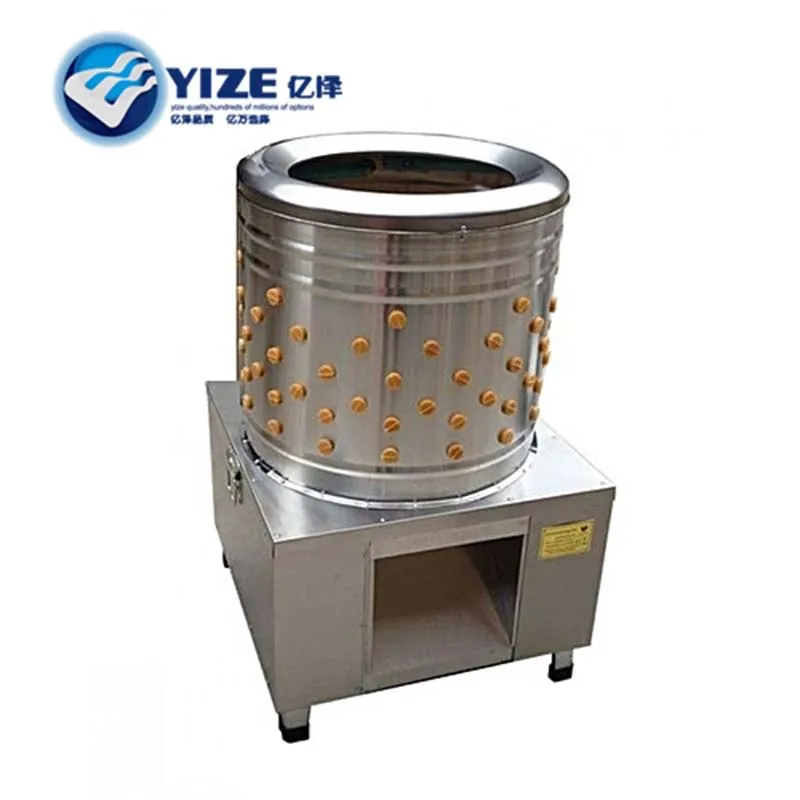Exploring the Benefits and Features of Stationary Feed Mixers for Livestock Operations
Jul . 27, 2024 01:22 Back to list
Exploring the Benefits and Features of Stationary Feed Mixers for Livestock Operations
The Importance of Stationary Feed Mixers in Agricultural Practices
In the modern agricultural landscape, the efficiency and effectiveness of feeding livestock play a crucial role in ensuring optimal growth and productivity. Among the key tools used in this process are stationary feed mixers. These machines are designed to efficiently blend various types of feed ingredients into a homogenous mixture, ensuring that livestock receive a balanced and nutritious diet.
What are Stationary Feed Mixers?
Stationary feed mixers are large, stationary machines typically found in farms or feed mills. Unlike portable mixers, which can be moved around the farm, stationary mixers are fixed in one place and are often used in conjunction with other equipment for transporting feed. They come in various sizes and configurations to accommodate different volumes of feed, ranging from small family farms to large-scale operations.
Benefits of Using Stationary Feed Mixers
One of the primary advantages of stationary feed mixers is their capacity to produce large batches of feed efficiently. By mixing ingredients in bulk, farmers can save time and labor costs associated with handling smaller quantities. Moreover, stationary mixers are designed to ensure a consistent and uniform blend of ingredients, which is vital for the health of the livestock. Animals fed with a balanced diet are more likely to achieve optimal growth rates and overall health, leading to increased productivity.
Another significant benefit is the reduction of feed waste. When feed is mixed thoroughly, it minimizes the risk of animals selectively eating certain ingredients over others, which can lead to imbalanced diets and waste. Stationary mixers can be equipped with various attachments and technologies, such as moisture control systems, to enhance the quality of the feed being produced.
stationary feed mixers

Types of Stationary Feed Mixers
There are several types of stationary feed mixers available, each designed for different applications. Horizontal mixers, for example, are known for their efficient blending capabilities and are commonly used for mixing dry ingredients. Vertical mixers, on the other hand, are often preferred for their ability to mix both dry and wet feeds effectively. Additionally, some models feature advanced automation capabilities, allowing farmers to program and control the mixing process, further enhancing efficiency.
Maintenance and Considerations
While stationary feed mixers offer numerous advantages, proper maintenance is essential to ensure their longevity and performance. Regular cleaning and servicing of the machine can prevent issues such as feed clumping and inefficiencies in mixing. Furthermore, farmers should consider the specific needs of their livestock and the types of feed they provide when selecting a mixer. The choice of a mixer should align with the operational scale and feed formulation requirements of the farm.
Conclusion
As livestock farming continues to evolve, the role of stationary feed mixers becomes increasingly important. They not only enhance the efficiency of feed production but also contribute to the overall health and productivity of livestock. With advancements in technology, these machines are becoming more sophisticated, offering features that improve feed quality and operational efficiency. By investing in a reliable stationary feed mixer, farmers can ensure that they provide their animals with the best possible nutrition, ultimately leading to greater success in their agricultural endeavors. In a world where sustainability and productivity are paramount, stationary feed mixers are a vital component of modern farming practices.
-
Automatic Feeding Line System Pan Feeder Nipple Drinker-Anping County Yize Metal Products Co., Ltd.
NewsJul.30,2025
-
Automatic Feeding Line System-Anping County Yize Metal Products Co., Ltd.|Durable Construction&Easy Maintenance
NewsJul.30,2025
-
Automatic Feeding Line System-Anping County Yize Metal Products Co., Ltd.|Pan Feeder Nipple Drinker&Durable Poultry Farming Solution
NewsJul.30,2025
-
Automatic Feeding Line System Pan Feeder Nipple Drinker|Anping County Yize Metal Products Co., Ltd.
NewsJul.29,2025
-
Automatic Feeding Line System-Pan Feeder Nipple Drinker|Anping County Yize Metal Products Co., Ltd.
NewsJul.29,2025
-
Automatic Feeding Line System - Pan Feeder Nipple Drinker|Broiler Farming Equipment
NewsJul.29,2025






